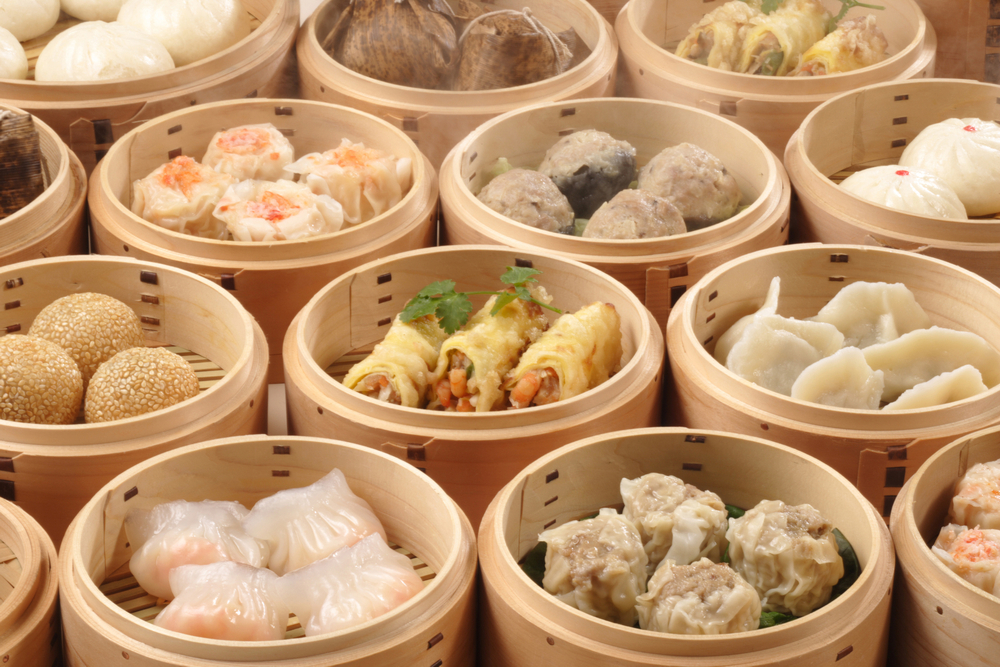KUALA LUMPUR, Dec 23 — Some Malaysians, in an apparent belt-tightening move — but not compromising on comfort — have taken to a new discipline when eating out.
They order takeaways to avoid paying the 10 per cent service charge, but then sit and dine in the restaurant, Straits Times (ST) reported today.
The trend seems to be prevalent in Kuala Lumpur, where residents are coping with the rising cost of living.
However, this cost-saving stunt has affected restaurateurs who are also grappling with business costs, and additionally, forced to forego the service charge which they would naturally impose on dine-in customers.
“I don’t see anything wrong with it. It’s not like we’re eating outside food,” ST quoted 23-year-old college graduate, Angeline Wong, as saying.
Ironically, Wong spent a sizeable amount — RM45 on her pizza lunch at Paradigm Mall in Petaling Jaya, and saved RM4.50 on the service charge.
“The cost of living has gone up, we (consumers) are only trying to be careful with our money... We’re being smart. And we are still supporting their business,” she told ST.
An executive, 29-year old Siti Husna Ahmad, who spent RM19 on a Japanese bento set, also shared Wong’s sentiment.
“Ten per cent and 6 per cent are a lot,” Husna reportedly said, retorting that it was “partly her right” to do so, and admitted to indulging in such practise occasionally, at select restaurant chains.
“I want to be able to enjoy the luxury of eating out without ripping a hole in my pocket,” Husna added.
Restaurant supervisors, however, are not having it, feeling very much short-changed of their dues.
ST reported that some claimed that their businesses lost thousands of ringgit every month.
“Some of us feel like we’re being short-changed. I also don’t find it ethical because the 10 per cent would have contributed to our income; the restaurant has made it clear,” a manager at a Japanese chain restaurant at the same mall, who only wanted to be identified as Ahmad Izham, told ST.
The 36-year-old reportedly said that while his restaurant would not deny service to such customers, he preferred diners to be more considerate.
Maria Jane Fernandez, a 37-year-old manager at an Italian restaurant in Petaling Jaya echoed Ahmad’s sentiment, saying the practice is “unethical”.
“We thank them for supporting our business but personally, it’s not so much about not getting the 10 per cent, it’s more about violating our honesty. We try our best to be honest; that’s why we have a sign that says the restaurant charges service charge and tax,” she told ST.
In July, the Malaysian Association of Hotels (MAH) said that the 10 per cent service charge levied by restaurants and hotels will remain even when the Sales and Services Tax (SST) takes effect on September 1.
The Star reported MAH president Cheah Swee Hee said this was because the charge was unrelated to any tax regime, be it the SST or the Goods and Services Tax (GST) it will replace.
The Customs Department’s website states that the service charge is a fee on top of the cost of goods or services imposed by businesses in a bill.
The service charge is normally imposed at a rate of 10 per cent in place of a tipping system.
Industry players say it is standard practice to retain a certain percentage of the service charge collected to cover breakages and staff events, while the majority goes back to the staff.
After GST was rolled out in April 2015, the then Domestic Trade, Co-operatives and Consumerism Ministry said restaurants and hotels were only allowed to impose service charge if they had an employer-employee collective agreement in place, and a notice on the charge must be put up.
* Editor’s note: Malay Mail erroneously reported that some dine-in Malaysians were trying to avoid the sales and services tax (SST) by ordering takeaways and eating them at the diners; it was actually the service charge they were trying to avoid. The error is regretted.



















